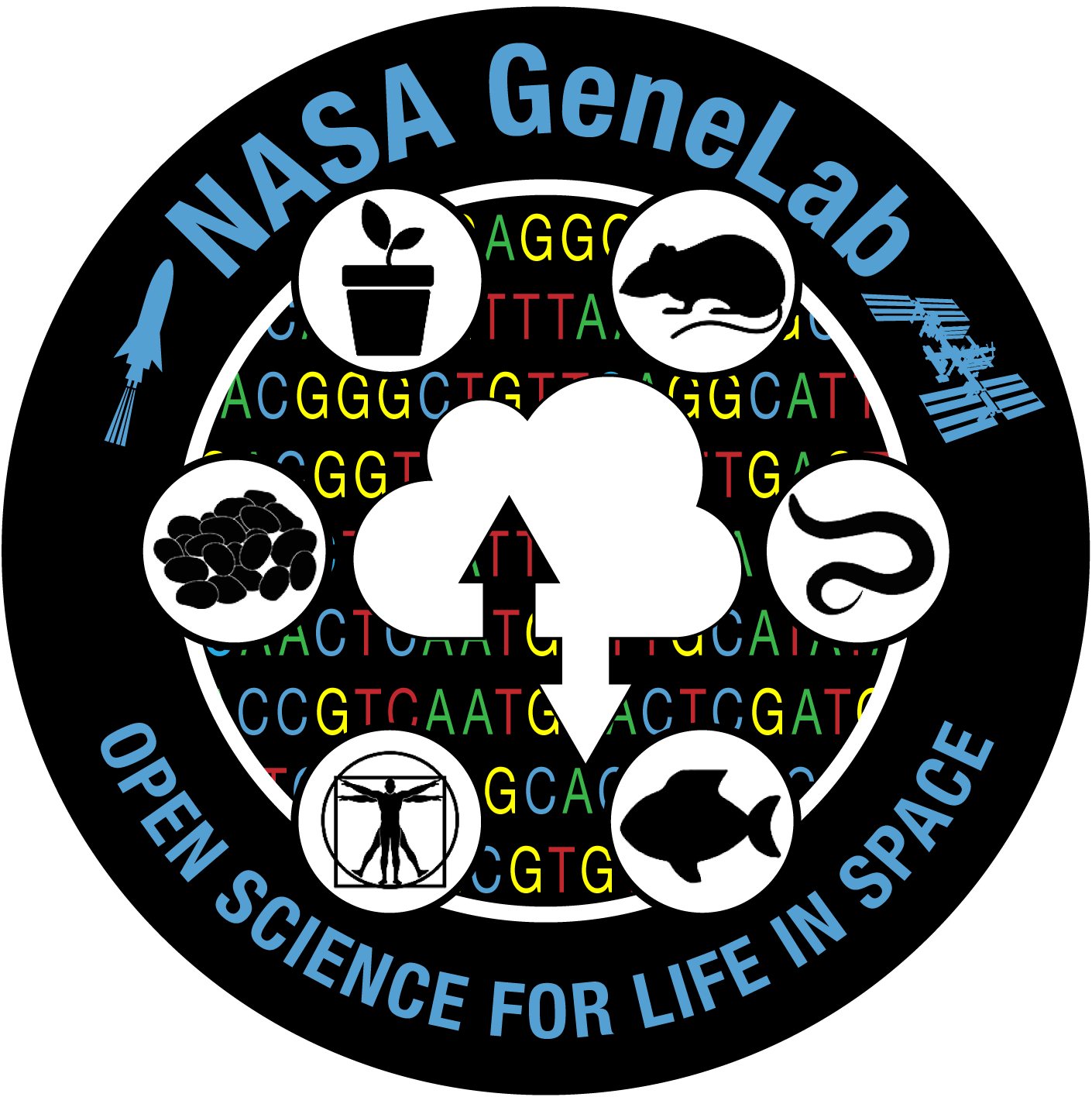This workshop was held on May 26, 2021
How can Quantitative Genomics be applied to space biology?
NASA's goals of exploring the lunar and Mars environments for long-duration missions will expose biological systems to damaging high-LET radiation, reduced gravity and other unique space-related conditions. NASA's Space Biology Program was interested in utilizing quantitative genomics to understand the underlying genetic and molecular determinants that can define how a biological organism will fare in the deep-space environment. Thus far, many model organisms have been evaluated for their genomic responses to spaceflight and multiple spaceflight transcriptomes have revealed suites of genes characteristic of the physiological adaptation of these organisms. What we don't fully appreciate is how to use the spaceflight "phenome" to better understand the underlying nature of the complex traits that are important in a large population.
To understand how Quantitative Genomic approaches can best be utilized to address critical questions in space biology, the Biological and Physical Sciences Division hosted a workshop which brought together scientific experts in spaceflight genomics using drosophila, rodent and plant models along with experts in terrestrial Quantitative Genomics. The goals of the workshop were twofold: (1) to develop a roadmap for leveraging these approaches through a combination of large-scale ground studies and targeted flight study follow-up and (2) creating a White Paper for the 2023-2032 decadal survey that will help inform future research related to deep-space exploration.

